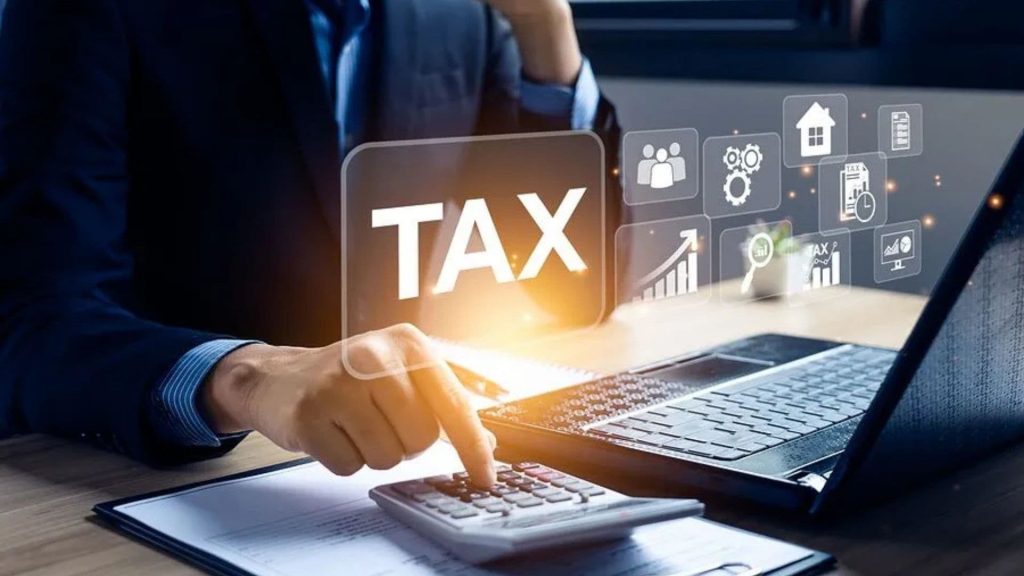
When tax season rolls around, one of the most common questions among entrepreneurs, freelancers, and creative professionals is, “Is software subscription tax deductible?” With so many businesses relying on cloud-based tools, productivity apps, and creative suites, understanding whether you can write off software subscriptions as a business expense can make a big difference in your bottom line. In this article, we’ll break down the rules around tax deductibility for software subscriptions, including what qualifies as a deductible expense, how to properly document your software costs, and tips for maximizing your tax savings. We’ll also explore the nuances for different types of businesses, from sole proprietors to corporations, and touch on the latest IRS guidance and best practices for staying compliant. Whether you use Adobe Creative Cloud, QuickBooks, Microsoft 365, or any other subscription-based software, knowing the tax implications can help you keep more of your hard-earned money while staying on the right side of the law.
What Is a Software Subscription?
A software subscription is a recurring payment model where you pay a monthly or annual fee to access software or digital services, rather than purchasing a one-time license. This model is now the norm for everything from accounting and project management tools to graphic design and video editing suites. Examples include Adobe Creative Cloud, Microsoft 365, QuickBooks Online, and countless others.
Are Software Subscriptions Tax Deductible?
Short answer: Yes, software subscriptions are generally tax deductible if they are ordinary and necessary expenses for your business.

IRS Guidelines
According to the IRS, business expenses must be both ordinary (common and accepted in your trade) and necessary (helpful and appropriate for your business). Software subscriptions that you use for business purposes—such as managing finances, creating marketing materials, or collaborating with clients—typically qualify.
- Reference: IRS Publication 535 – Business Expenses
Who Can Deduct Software Subscriptions?
- Freelancers/Sole Proprietors: Deduct software costs on Schedule C as a business expense.
- LLCs & Corporations: Deduct as an operating expense on your business tax return.
- Employees: Deductions for unreimbursed employee expenses are limited under current tax law, but some exceptions may apply.
What Software Subscriptions Qualify?
Examples of deductible software subscriptions:
- Accounting and bookkeeping tools (e.g., QuickBooks, Xero)
- Design and creative suites (e.g., Adobe Creative Cloud)
- Project management platforms (e.g., Asana, Trello)
- Cloud storage (e.g., Dropbox, Google Workspace)
- Communication tools (e.g., Zoom, Slack)
Non-deductible examples:
- Personal streaming services (e.g., Netflix, Spotify) unless directly used for business content creation
- Gaming subscriptions (unless you’re a professional gamer or content creator)
How to Deduct Software Subscriptions?
- Keep Detailed Records: Save invoices, receipts, and payment confirmations for all software subscriptions.
- Separate Business and Personal Use: Only deduct the portion used for business. If you use a subscription for both, allocate the expense accordingly.
- Report on Your Tax Return:
- Sole proprietors: List under “Other Expenses” on Schedule C.
- Corporations/LLCs: Include as a business expense on your tax return.
- Consult a Tax Professional: Rules can change, and a CPA can help you maximize deductions while staying compliant.

Special Considerations
Capitalization vs. Expense
- Subscription-based software is generally expensed in the year paid.
- Purchased software licenses (one-time fee) may need to be capitalized and depreciated over several years.
International Differences
Tax laws vary by country. In the UK, for example, HMRC allows software subscriptions as allowable business expenses. Always check your local regulations.
Tips for Maximizing Your Deduction
- Bundle wisely: If you use a software bundle (e.g., Microsoft 365), allocate costs to business use.
- Annual payments: Paying annually can sometimes unlock discounts and make recordkeeping easier.
- Audit-proof your records: Keep digital and paper copies of all receipts and renewal notices.
FAQs
Q: Can I deduct software subscriptions if I use them for both business and personal purposes?
A: Yes, but you must only deduct the portion used for business. Allocate the expense based on usage.
Q: Are monthly and annual software subscriptions both deductible?
A: Yes, both monthly and annual payments are deductible as long as they’re for business use.